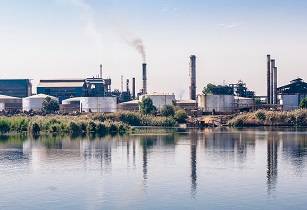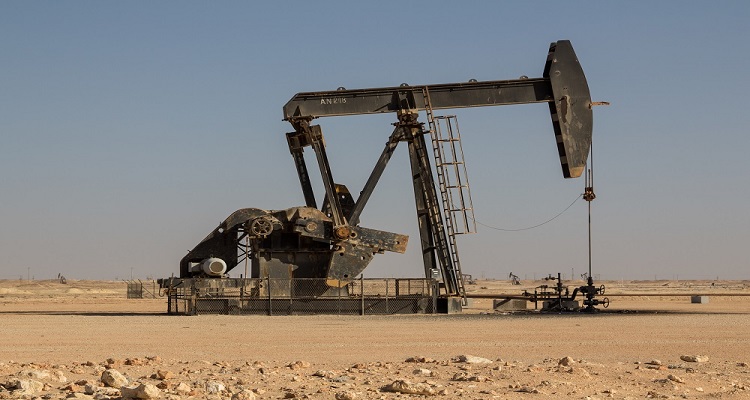Record or near-record oil output from Iraq and Saudi Arabia has resulted in OPEC’s oil supply reaching a three-year high, stated a Reuters survey
Despite outages in Libya and Nigeria, the output inched ahead of the the OPEC target of 30mn bpd. The latest results underline the focus of the group’s top exporters on market share.
OPEC supply rose to 31.60mn bpd in June from a revised 31.30mn bpd in May, according to the survey, based on shipping data and information from sources at oil companies, OPEC and consultants. The group has raised output by more than 1.3mn bpd since it decided in November 2014 to defend market share rather than prices.
However, a final deal between world powers and Iran over Tehran’s nuclear power work could add to supplies, stated the report.
At a meeting held last month, it was decided by OPEC to keep its policy unchanged in the midst of signs that the near-halving of oil prices since June 2014 was boosting demand and dampening the shale gas boom in the USA. If the total remains unrevised, June’s supply would be OPEC’s highest since it pumped 31.63mn bpd in June 2012, based on Reuters’ surveys.
The biggest increase in June came from Iraq, said the survey. Exports from southern Iraq jumped to three million bpd after Iraq split the crude stream into two grades – Basra Heavy and Basra Light – to resolve quality issues. Some companies have increased production following the move.
Shipments from Iraq’s north via Ceyhan in Turkey have remained steady despite tensions between Baghdad and the Kurdistan Regional Government (KRG) over budget payments.
Major OPEC exporter Saudi Arabia has not scaled back output from May’s record, revealed sources in the survey as Riyadh is expected to meet higher demand internationally and from domestic power plants and refineries. However, there is no sign yet of a further sizeable boost in Saudi Arabian supply, they said.
Kuwait’s output was reduced slightly as a result of the shutdown of the Wafra oilfield, which is shared by Saudi Arabia and Kuwait.
Until June, Nigeria increased output by 60,000 bpd but the increase could have been larger if there were no loading delays at the Bonny terminal and a force majeure on exports of Forcados crude. Libya and Angola registered lower outputs as well.








































